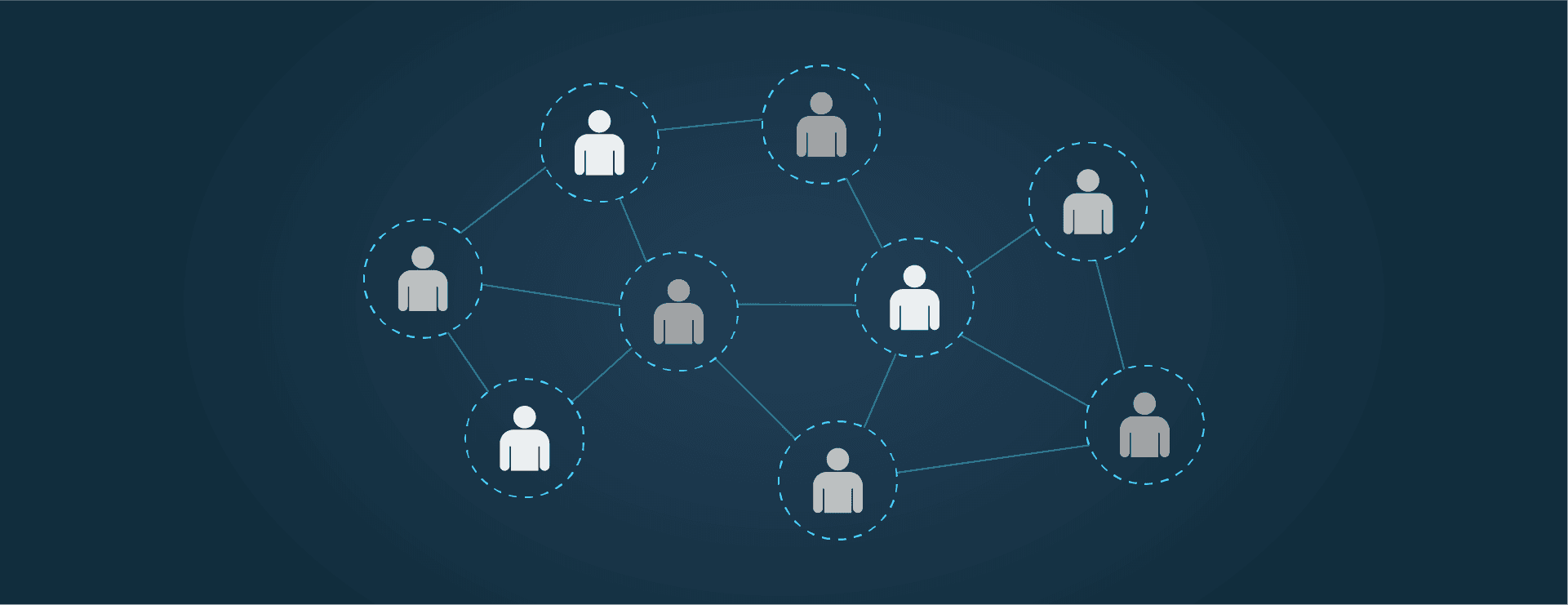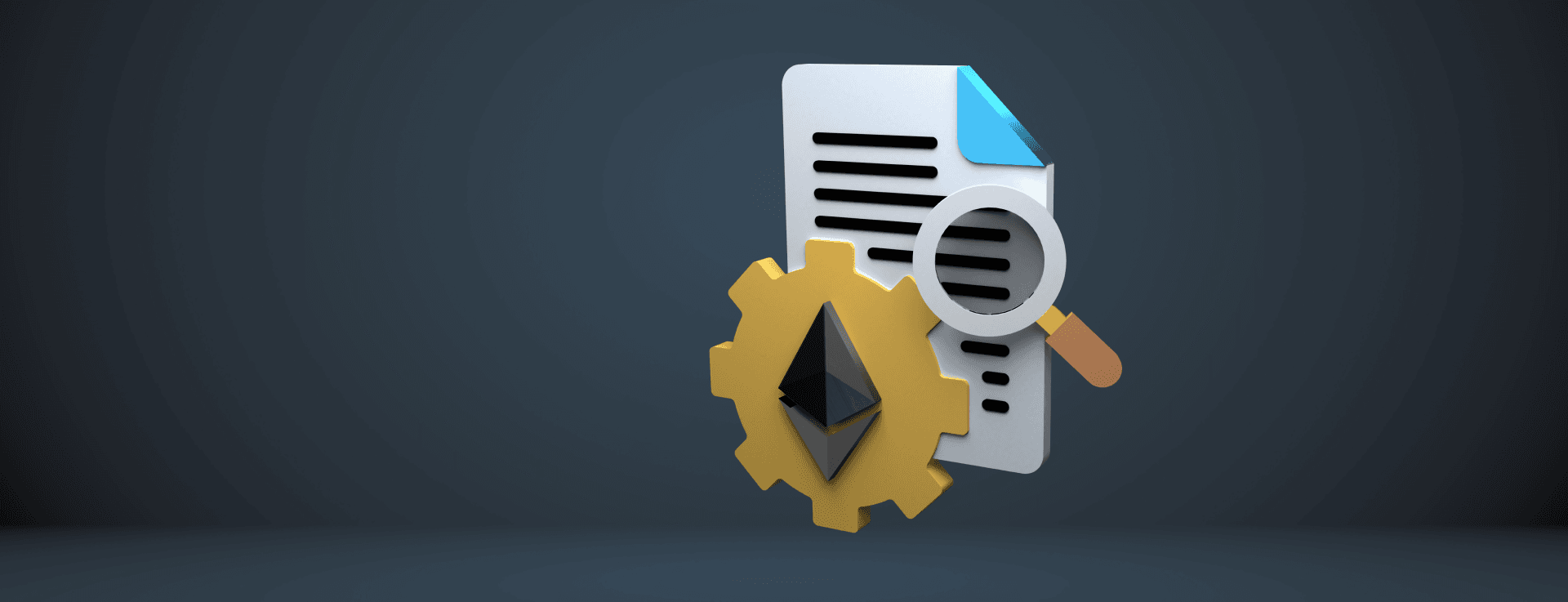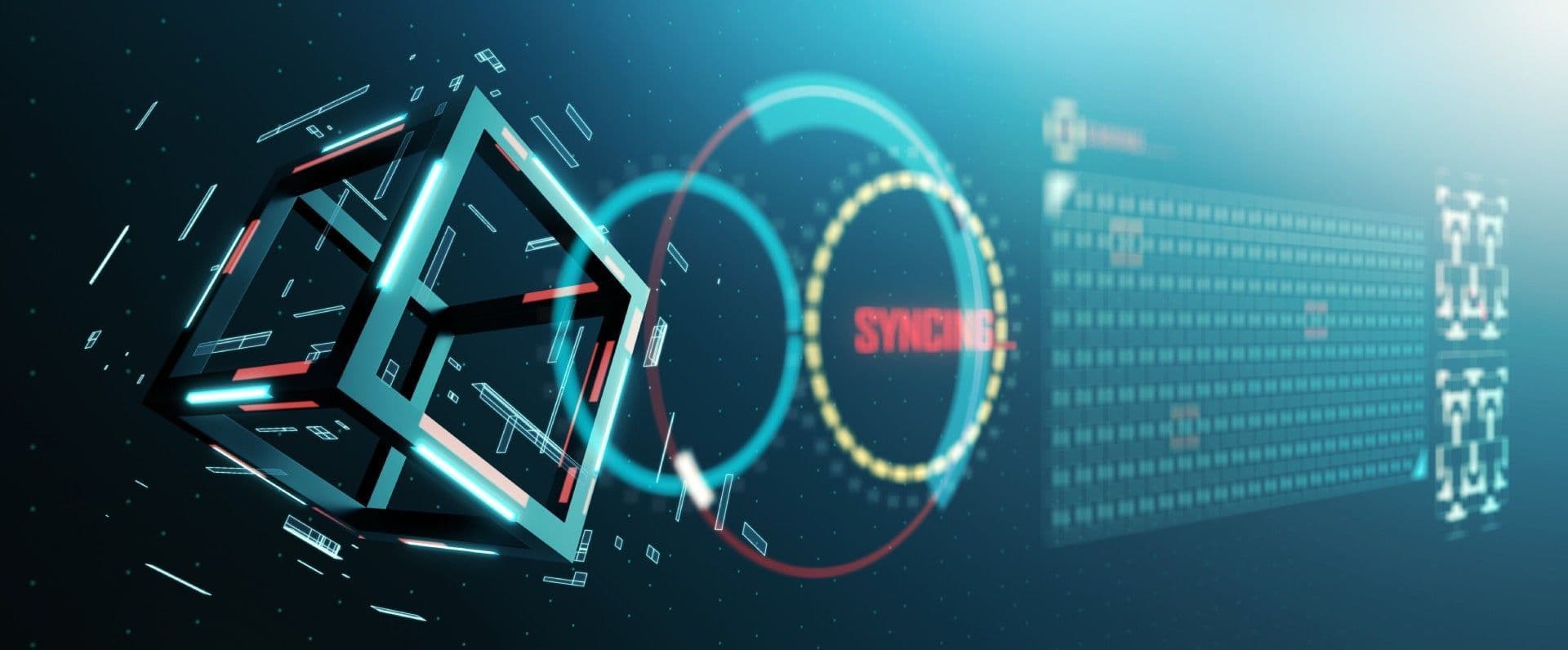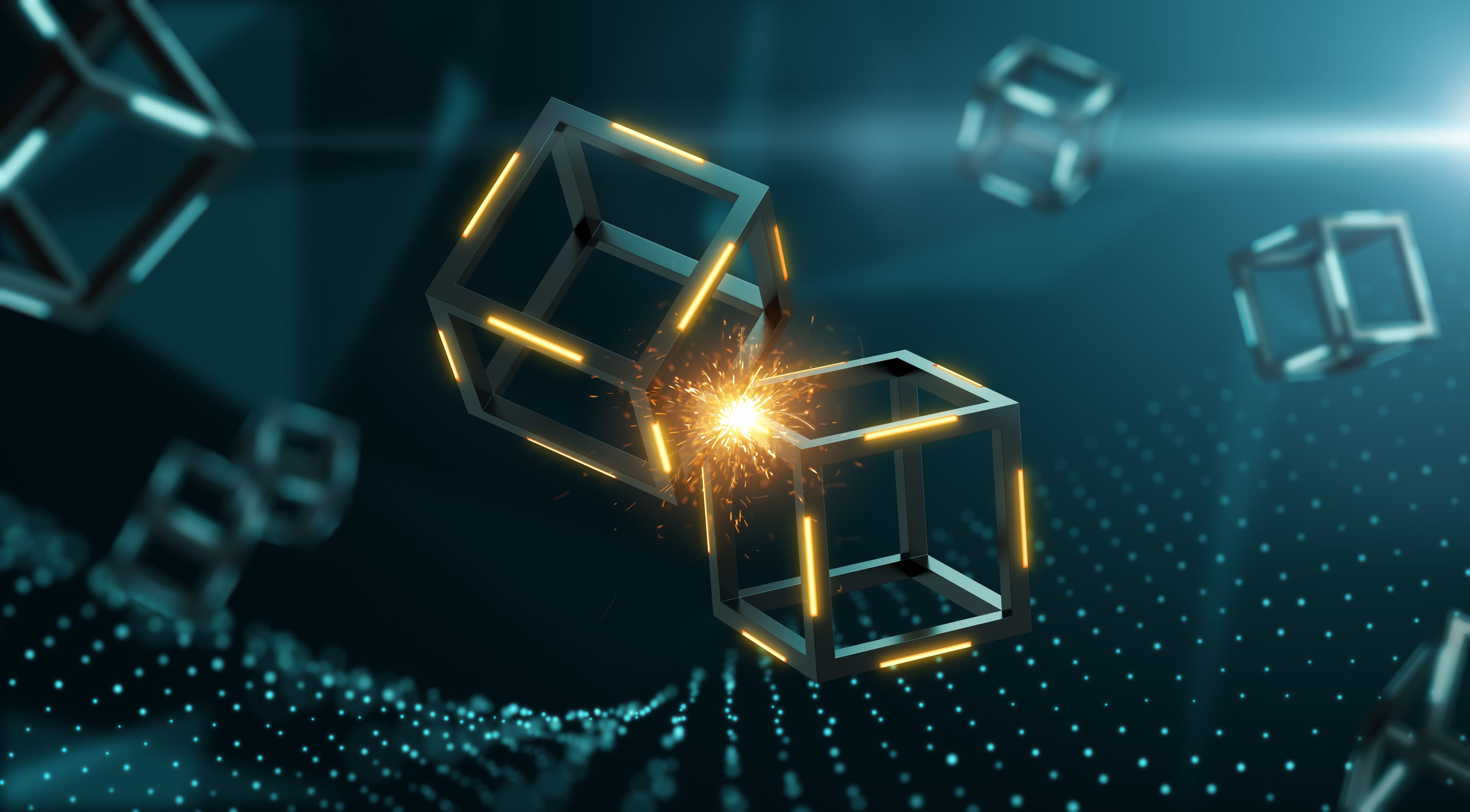Decentralized autonomous organizations, or DAOs, have been the talk of the town in the crypto space for quite a while now - and for a good reason. Let's explore why DAOs are important, what they bring to the table, and why blockchain development companies such as Timacum use this novel technology.
What are DAOs?
DAOs are autonomous, decentralized organizations that operate on the blockchain. They are not controlled by any one entity but rather run through a set of rules and protocols that are decided upon by the DAO's participants. DAOs can be used for a wide variety of purposes, from creating digital communities to managing investments.
DAOs are important because they provide a new way of organizing people and resources. They are borderless, permissionless, and open-source - which allows for a lot of innovation and creativity. What's more, DAOs offer a high degree of tran
How do DAOs work?
DAOs are created through smart contracts - which are self-executing contracts that run on the blockchain. These contracts contain the rules and protocols that the DAO will follow. Once a DAO is created, anyone can participate in it as long as they follow the rules.
The DAO model has been gaining a lot of traction lately because it offers a number of advantages over traditional organizational structures. For one, DAOs are more efficient and democratic since they are based on consensus instead of top-down decision-making. They are also more secure since they are run on the blockchain.
Types of DAOs
There are many ways to categorize DAOs - with the two main ones being by use case and by its voting mechanism.
DAO categories by use case
- AMM (Protocol) DAOs
- Grant DAOs
- Social DAOs
- Collector DAOs
- Venture DAOs (investment DAOs)
- Media DAOs
- Social Media DAOs
- Entertainment DAOs
Each of these categories has a different primary use case, whether it is acquiring funds through grants, focusing on community-building, or perhaps obtaining expensive items through crowdfunding.
DAO categories by voting mechanism
- Token-governed DAOs - these decentralized autonomous organizations are governed by, as the name says, tokens. Every user willing to participate in the governance mechanism is required to have a number of tokens in order to vote, and another (usually much higher) number of tokens in order to propose new ideas to the organization.
- NFT-governed DAOs - this type of decentralized autonomous organization is governed by a different token standard, namely NFTs (usually the ERC721 standard).
Why do projects use DAOs?
Typically, DAOs provide solutions to problems involving the principal-agent dilemma. These dilemmas occur as the primary conflict between people and their group — the agents. Sometimes problems arise in some situations and are commonly found between stakeholders and CEOs.
The representative may work without adherence to the objectives of the principal or stakeholders and instead rely on his own interests in his actions or for the benefit of others. The principal and agents dilemma is also common when agents are being overly risky because the principal bears most of the burden.
DAOs provide a solution to this problem as members of the organization vote on what the DAO will do or not do. The blockchain is immutable, so any unethical behavior by an agent would be easily identifiable and could lead to expulsion from the DAO. This also discourages bad actors from participating in DAOs in the first place.
There are a number of reasons why blockchain projects might want to use DAOs. For one, DAOs can help projects raise money through crowdfunding. They can also be used to manage and track investments. Additionally, DAOs can help create digital communities and networks.
How did we use DAOs in projects?
Timacum has been in the blockchain and crypto space for a number of years now, closely following the development of the industry. We have recommended many of our clients (that went through the discovery phase with us) to use DAOs in their project, mainly because of the benefits they could provide.
We have built both regular token-governed DAOs, as well as NFT-governed DAOs, all with the goal of helping our customers reach the desired market effect.
Our process is very simple - we determine the goals of the project, and then use our knowledge of blockchain development to devise a strong system architecture plan for the project. After proving that the project is feasible in terms of development while offering strong economic incentives, we move on with the design and development.
In many cases, we have used DAOs as ways to include project communities in the governance process, raise funds and distribute the fundraising proceeds, and more.
How should blockchain developers use DAOs?
DAOs can be used in a number of ways, depending on the needs of the project. They can be used to fundraise, manage investments, or create digital communities.
Our recommendation is for every blockchain developer is to, through the research and discovery phase, first determine whether the project needs a DAO at all, or if it just wants to use it for publicity. Projects that have a genuine need for DAOs will fare off much better when stepping out of the ideation and development bubble, and into the funding phases.
DAO Pros & Cons
Decentralized autonomous organizations are a great tool that comes with many advantages - however, it also brings some disadvantages along the way.
DAO Pros
- Decentralized and autonomous - DAOs are not controlled by any central authority, which makes them more resistant to censorship.
- Secure - DAOs are run on the blockchain, which makes them more secure than traditional organizations.
- Efficient - DAOs are based on consensus, which makes them more efficient than traditional organizations.
- Open-source - DAOs are open-source, which makes them more transparent than traditional organizations.
- More democratic and efficient than traditional organizations - Because DAOs are based on the consent of all users participating in governance, they're more democratic than traditional organizations.
DAO Cons
- Unproven technology - DAOs are based on new technology, which means that they are not yet proven to be effective.
- Vulnerable to attacks - DAOs are, if built improperly, vulnerable to security breaches. On top of that, their decentralized nature leaves place for a hostile takeover, if tokenomics is not thought out properly.
- Lack of governance structures - DAOs have no formal governing structures, which can lead to chaos and confusion.
- Hard to create/maintain without expertise - DAOs are hard to set up and maintain without expertise, which can lead to them being ineffective.
Mitigating risks
Overall, DAOs are a powerful new tool that offer a lot to its creators, as well as to the users.
However, we have to think of how to counter the potential vulnerabilities and remove as many of the disadvantages, all in order to offer users a safe solution to their needs. After all, we are all in the money business, and there is no room for mistakes, especially when it comes to immutable code.
We advise ALL our clients to perform necessary security audits, both internal and external.
DAO security audit
Security audits are tests done on smart contracts in order to assess the state of the contract infrastructure, as well as the code itself. There are many ways to perform audits, but the easiest way to differentiate between them is to split them into categories based on who does the auditing, namely:
- Internal smart contract audits - These audits are done by the development team that created the smart contract.
- External smart contract audits - These audits are done by a third-party company that specializes in blockchain security.
Both types of audits are necessary, as they offer different perspectives on the state of the smart contract. Internal audits are important because they help identify potential issues early on, while external audits are important because they provide an unbiased perspective on the state of the smart contract.
Performing security audits is an important part of DAO development, as they help mitigate the risks associated with DAOs. By identifying and addressing potential vulnerabilities, we can create a safe and secure DAO for everyone to use.
Check out our article on security audits in order to learn a bit more about smart contract auditing.
Final word
DAOs are a powerful new tool, with many advantages over traditional governance organizations. However, they also come with some disadvantages that need to be addressed in order for them to be effective.
Proper project planning and performing security audits are important parts of mitigating the risks associated with DAO development. By identifying and addressing potential vulnerabilities, we can create a safe and secure DAO for everyone to use. What do you think about DAOs?
Timacum is a blockchain development company that specializes in blockchain development. If you're interested in learning more about DAOs or want to create one yourself, please get in touch. We would be happy to help!




